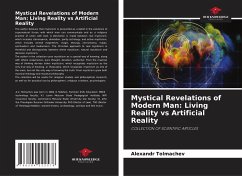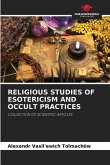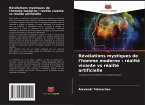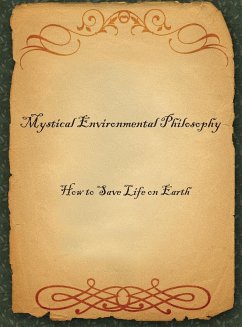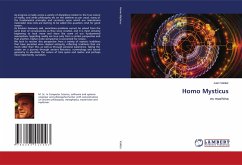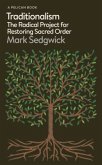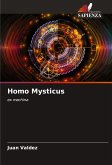The author believes that mysticism is presented as a belief in the existence of supernatural forces with which man can communicate and as a religious practice of union with God. A distinction is made between real mysticism, which includes clairvoyance, divination, partly astrology; and active mysticism, which includes animal magnetism, magic, theurgy, necromancy, magic, spiritualism and mediumism. The Christian approach to real mysticism is threefold and distinguishes between divine mysticism, natural mysticism and demonic mysticism.The author in the collection uses mysticism as a special way of knowing, along with others (experience, pure thought, devotion, authority). From the mystical way of thinking derives either mysticism, which recognizes mysticism as the only true way of knowing, or theosophy, which recognizes mysticism as one of the main, but not the only way of knowing the truth. From mysticism grow both mystical theology and mystical philosophyThe collection will be useful for religious studies and philosophical research, as well as for practical use by philosophers, religious scholars, psychologists.
Bitte wählen Sie Ihr Anliegen aus.
Rechnungen
Retourenschein anfordern
Bestellstatus
Storno

